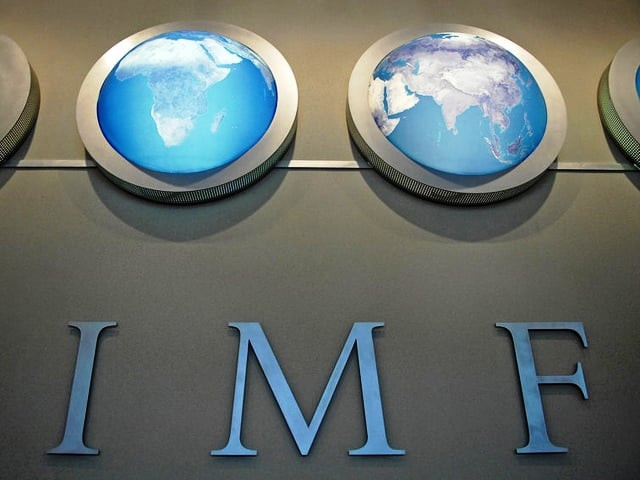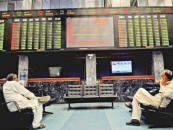‘IMF considers Pakistan economic managers deceitful’
Pakistan's request for multi-billion-dollar-bailout denied initially, was only secured after White House intervention.

Pakistan’s request for a multi-billion-dollar bailout had initially been denied by the International Monetary Fund (IMF) in late 2008, and the loan was only secured after a last-minute intervention by the White House.
These revelations, along with the more damning allegation that the IMF considered Pakistan’s commitments on tax reforms to be unreliable, were made on Monday by Dr Ehtisham Ahmad, Pakistan’s former representative to the IMF at a seminar on “The urgency of tax reforms,” organised by the Institute of Development Economics and Alternatives (IDEAs), funded by the New York-based Open Society Foundation.
Ahmad, who worked at the IMF for over two decades, said that the international lender had a very low opinion of Pakistan’s ability to deliver promised reforms, which was the primary reason for the initial refusal of the bailout.
“The White House had to intervene (to secure a programme for Pakistan) as even the Friends on the IMF Board said Pakistan was lying on the promise of levying (the Value Added Tax),” said Ahmad. Even the then-Dean of the IMF Board noted that Pakistan was not sincere about what it had been promising, he added.
Ahmad’s disclosure highlights the widening gulf of mistrust between the IMF and Pakistan and underscores the degree of US influence in Pakistan’s economic affairs.
The IMF eventually agreed to an $11.3 billion bailout package that included a commitment by Islamabad to implement several key fiscal reforms, including a deregulation of the energy sector, privatisation of state-owned enterprises, and most importantly, the implementation of a value-added tax.
Finance Secretary Waqar Masood prepared a plan that addressed many of the IMF’s concerns, including raising more revenues through taxes. The plan formed the basis for the IMF’s approval of the bailout. After two and a half years, however, the programme has suspended due to the government’s failure in implementing tax reforms.
Ahmad was sceptical of Pakistan’s attempts to secure a second IMF loan to pay back the first one. “It is now a different IMF that will seek upfront implementation of its conditions before agreeing to a new programme,” he said.
Even the United States is now unable to pressure the IMF into releasing Pakistan’s suspended loan tranches, claimed Ahmad, without an implementation of the promised reforms. He added that the US would not release its own aid to Pakistan under the Kerry-Lugar Act without an IMF ‘Letter of Comfort’, an acknowledgement of progress on fiscal reforms.
Ahmad claimed that the primary hurdle to implementation of the value added tax, now referred to by the government as the reformed general sales tax (RGST), is the Federal Board of Revenue (FBR).
Ahmad suggested that the FBR be disbanded entirely and reconstituted on the model of the State Bank of Pakistan, an independent regulatory institution with its own recruitment that is separated from the civil service.
Published in The Express Tribune, April 26th, 2011.


















COMMENTS
Comments are moderated and generally will be posted if they are on-topic and not abusive.
For more information, please see our Comments FAQ